How East West Rail would benefit the area
East West Rail would make it easier to get around the Marston Vale area as well as providing faster connections to the rest of the UK and beyond. The new railway would also encourage investment in public services and connect local communities to jobs and days out with friends and family using transport that’s greener for the environment.
With fast, affordable and reliable connections that would help reduce car dependency and congestion, EWR would make it easier to get around the Marston Vale area.
East West Rail would take cars off the road by providing regular train services across the region, reducing emissions with the option to choose a greener journey. Not only will this reduce traffic and make roads safer, but it will also improve local air quality.
Compared to a car journey, travelling by train can reduce emissions by up to two thirds and our ambition is to be a net zero carbon railway. We’re aiming to deliver a 10% boost to biodiversity among other wildlife initiatives, and have already planted more than 150,000 trees.
EWR would connect to most of the north-south main lines making it easier to get to the rest of the UK by train from the Marston Vale area, bringing friends and family closer. With better connections to UK airports, overseas destinations would also be more accessible.
EWR would provide easier access to jobs at all levels around the area, and stimulate new employment opportunities across the region and beyond. One of our main goals is to foster inclusive, local economic growth and to give communities improved access to education, skills and both local and national opportunities.
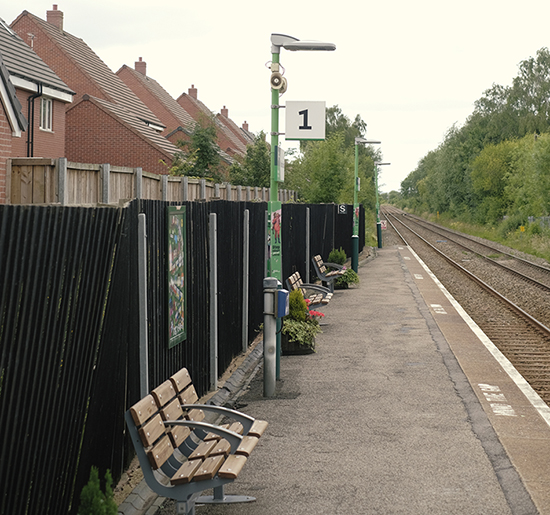
Our proposals to this area
East West Rail represents a once in a generation opportunity to provide a reliable, frequent train service for communities between Bletchley and Bedford, along the Marston Vale Line. But it isn’t possible to introduce a fast, reliable and frequent service between Oxford and Cambridge without making a significant investment in the Marston Vale Line.
The current infrastructure has not had significant upgrades for decades, which has affected reliability. The communities it serves have grown considerably over time and lack the reliable connections they need to centres of education and employment in Bedford, Milton Keynes and beyond.
Our proposals
- Existing Stations Option: would retain the existing nine stations and the current hourly Bletchley to Bedford stopping service which calls at all nine stations. In addition, there would be two East West Rail services an hour calling at four of the stations (Woburn Sands, Ridgmont, Lidlington, Stewartby) on their way between Oxford and Cambridge.
- Consolidated Stations Option: would consolidate the nine existing stations to four new, modern and easy-toaccess stations at Woburn Sands, Ridgmont, Lidlington and Stewartby. Three East West Rail trains would service these four stations every hour. Two of these would run between Oxford and Cambridge, whilst the third would run between Bletchley and Cambridge.
Our proposals presented at this consultation build on those that were introduced at the 2021 consultation. We are presenting two options for stations along the Marston Vale Line:
We’ve also investigated whether providing new stations would deliver the most benefit to local communities and the region and have sought to understand where enhancements to existing stations would be needed to meet safety standards and provide a sufficient level of service. We’re continuing to work with local stakeholders to help us identify the best solution for communities along this section of the route, which we’ll present at the statutory consultation.
At the 2021 consultation we explained that we were considering a range of further improvements to Bletchley station. For example, altering or replacing the current footbridge, enlarging the car park and creating a new eastern entrance. We continue to review opportunities for further improvements and we’re working closely with Milton Keynes Council and Network Rail to support the development of a vision and masterplan for the area, including a potential eastern entrance to the station, which could be transformational for Bletchley. We’ll need to consider the funding implications for such an option. We also remain committed to working with the local authority and other local stakeholders to improve connectivity between the existing station and the surrounding area.
We’ve undertaken work that has allowed us to reconsider the speed EWR trains would travel on this section of the route. Currently the line speed on the MVL is 60mph. We originally intended to increase this to up to 100mph to improve journey times but as the line speed increases so does the level of engineering work needed to achieve it.
We’re now suggesting capping the line speed below the 100mph originally proposed, but above the current speed of 60mph. This would reduce disruption in residential areas, but still provide a faster service than currently available.
Our updated view on service frequency and lowering the line speed means that some level crossings – for example at Woburn Sands and Lidlington – could still meet the appropriate safety standards and so could be retained. This would be one of the many ways to maintain local connectivity across and between communities.
A series of changes to level crossings would be made in this area. Further detail on these changes can be found in the Consultation Document.
Our work has found that we would no longer need to lift and relay track over the full length of the MVL but could ensure the suitability of the line through targeted repairs and enhancements. We’ve identified that we would need to reinstate the second track alongside the section of single-track railway at Fenny Stratford, east of Bletchley, to increase capacity and allow for the additional EWR services. We also identified the need for a passing loop and we are doing further work to assess where this should be located.
We are aware that Universal Destinations & Experiences is exploring the potential to develop a theme park and resort next to the Marston Vale Line north of Stewartby. The proposals for the Marston Vale Line presented in this consultation do not take account of the Universal development. We are discussing the proposals with Universal Destinations & Experiences and Bedford Borough Council and considering the implications of the theme park and resort for the railway.
Meet your community engagement team
Here at EWR Co, we’re passionate about hearing what local representatives and their communities think about East West Rail. It means we can work together as we build a successful project that will deliver shorter journey times, lower transport costs and ease pressure on local roads while bringing people closer to the things that matter most – jobs, friends and family.
Meet your Community Engagement Manager, Gail Buckland and your Local Representatives Groups Engagement Manager, Sarah Jacobs.
We’ve set up 15 Local Representatives Groups in areas along the EWR route. Head over to our community hub where you can find out more, including details of our events.
Community hubLatest stories
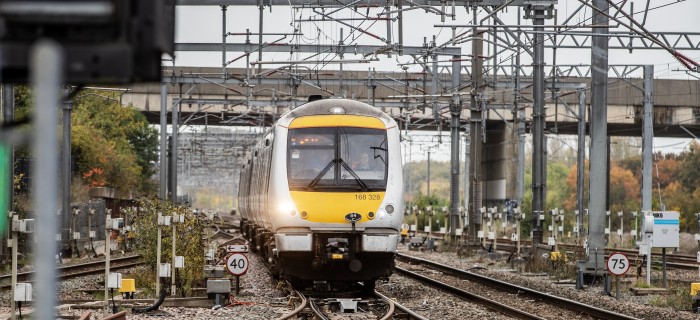
29.01.25
New station to deliver benefits sooner along East West Rail route
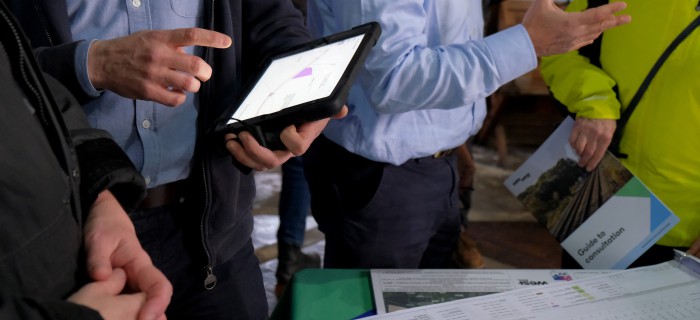
27.01.25
Thank you for taking part in our third non-statutory consultation
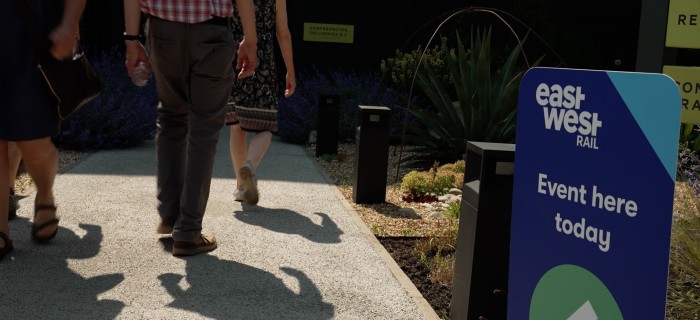
14.11.24
Our consultation is now open
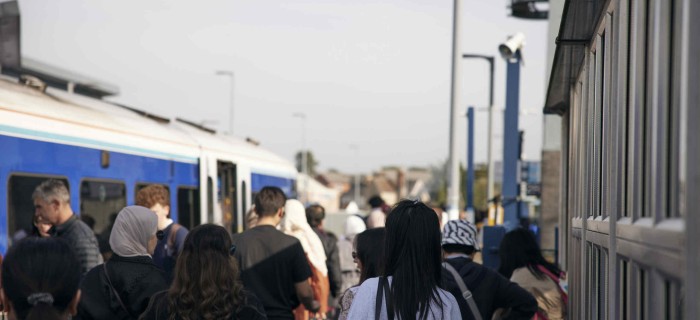
31.10.24
Plans for powering trains and details of our upcoming consultation
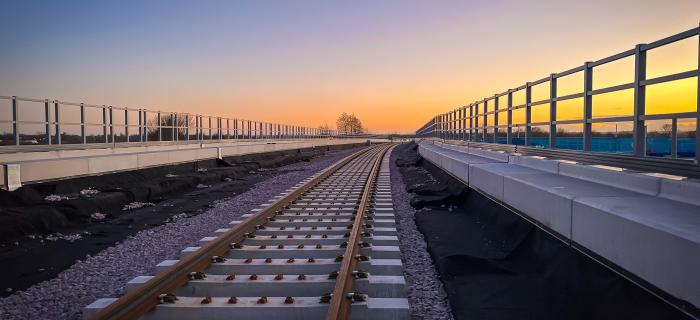
05.07.24
Update following General Election
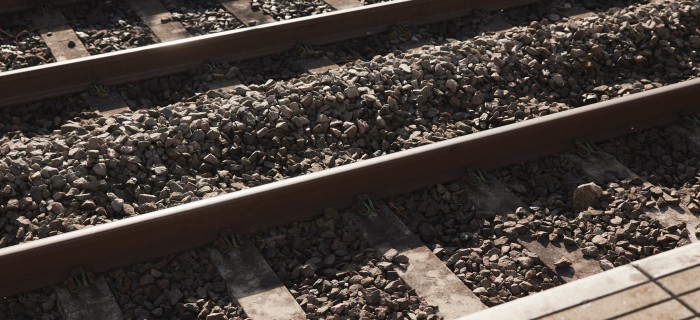
24.05.24
Update following government announcement
- Upgrading an existing section of railway between Oxford and Bicester
- Bringing back a section of railway between Bicester and Bletchley
- Refurbishing existing railway between Bletchley and Bedford
- Building brand new railway infrastructure between Bedford and Cambridge
East West Rail trains are expected to start running between Oxford and Bletchley/Milton Keynes in 2025, with services extending across the route in the coming years – following planning approvals and construction of the new railway.
What's next?
We'll provide further details of our developed proposals for how East West Rail will serve the Marston Vale area at the statutory consultation.
